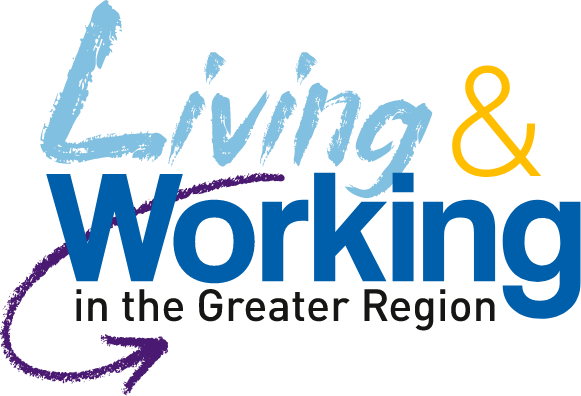Summer is approaching and you’re working in Belgium? Be aware that Belgian rules on paid leave are quite different from French labor law. Between holiday pay, reference years, and seniority, here’s what you need to know about your rights… and what happens if you fall ill or don’t take your days off in time.
The Principle: Leave Based on the Previous Year
In Belgium, your paid leave depends on what’s called the “vacation year.”
👉 Vacation year = the year in which you take your leave (e.g., 2025)
👉 Reference year = the previous year in which you worked (e.g., 2024)
🔎 In practice: the number of vacation days you are entitled to in 2025 is based on your actual work in 2024.
Wie viele Urlaubstage stehen mir zu?
For a full-time worker who worked the entire previous calendar year, the entitlement is: 4 weeks of paid statutory leave per year.
5-day workweek: 20 days for a full working year
6-day workweek: 24 days for a full working year
If you only worked part of the year, your leave is calculated on a pro-rata basis.eilig berechnet.
Do I Need a Minimum Level of Seniority?
For workers who didn’t work the previous year (e.g., starting or resuming activity), and thus don’t have a full year of seniority, there’s a right to European leave after three months of employment. This leave, limited to 5 days (for a 5-day workweek), is taken in advance of your earned rights.
The extra holiday pay received when taking this European leave is considered an advance on the double holiday pay of the following year (e.g., in 2025 you take European leave in advance for what you would earn in 2026).
There is an adjustment mechanism: the extra holiday pay paid in 2025 will be deducted from the double holiday pay of the following year. (Note: the ordinary holiday pay—i.e., your usual salary during the leave—is not affected.) The adjustment applies only to the extra portion.
Holiday Pay: A Specific Type of Remuneration
In Belgium, the salary you receive during leave is not called “paid leave” like in France, but rather holiday pay.
For employees, the employer pays the holiday pay.
For manual workers, it’s handled by the ONVA (National Office for Annual Holidays) or a sector-specific holiday fund.
👉 Single holiday pay is your regular salary during the leave.
👉 Double holiday pay is a kind of “holiday bonus,” usually paid before the summer.
Important: Manual workers do not receive their holiday pay directly from their employer. ONVA pays out both the single and double holiday pay, usually in May or June.
⚠️ It’s very important to contact ONVA and provide your bank details — it is not automatic!
https://frontaliers-grandest.eu/vous-avez-travaille-lannee-derniere-comme-ouvrier-en-belgique/
The money is paid into your account. The leave days must then be agreed with your employer — but you won’t receive your salary during leave, as the holiday pay has already been disbursed.wurde.
What If I Get Sick During My Leave?
If you fall ill during your leave and fulfill the requirements (medical certificate, immediate notice, etc.), you are entitled to postpone your leave days.
⚠️ You must inform your employer immediately and provide a valid medical certificate from the first day of illness.
If you want to take unused leave after the vacation period, you need your employer’s approval. The leave period is not automatically extended.
What If I Don’t Take My Leave?
Legal leave must be taken within the vacation year — that is, before December 31.
If you don’t take it in time, it is lost, unless you can prove force majeure outside your control.
Further information can be found on the website of our partner Frontaliers Grand Est
























